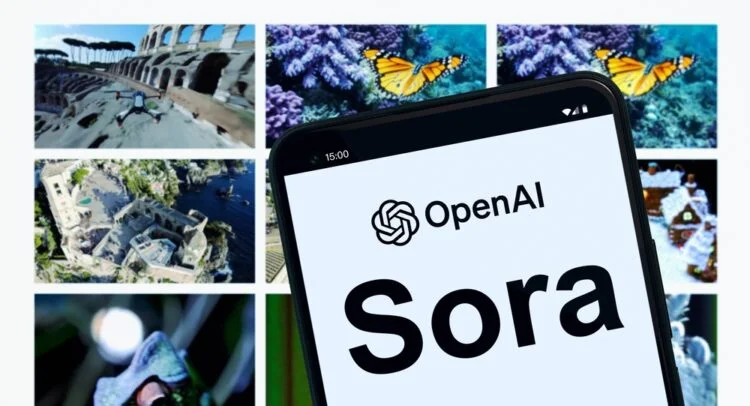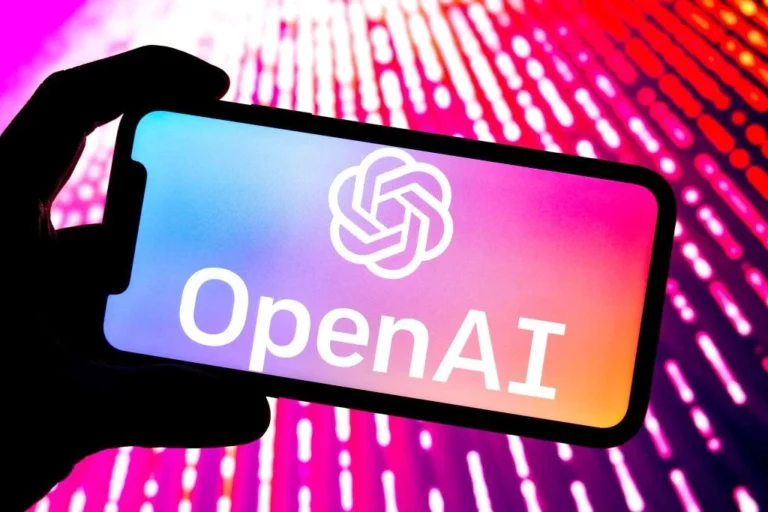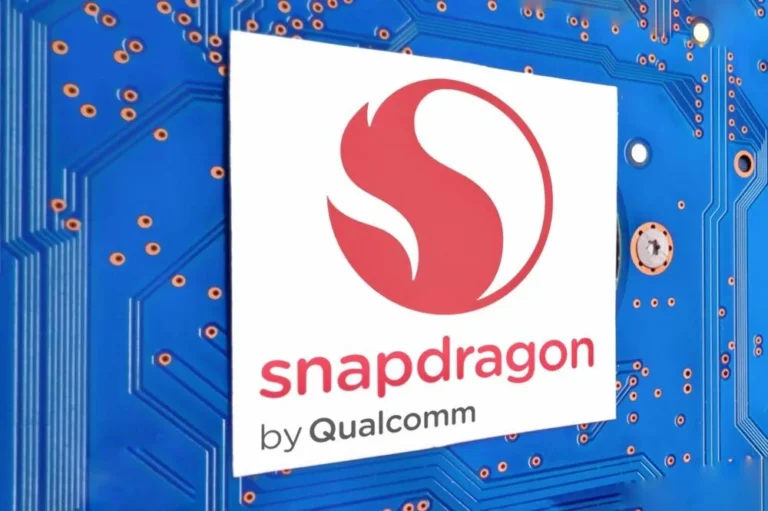OpenAI Launches Sora, Its AI Video Generator, for Public Use
OpenAI, a leading artificial intelligence company, has officially released its AI-powered video generation tool, Sora, making it widely available to customers. This innovative program allows users to input written prompts, which it transforms into short digital videos of up to 20 seconds.
Sora, initially introduced as a beta in February, is now accessible as a standalone product. Its development reflects OpenAI’s vision to move beyond text-based AI and into multimedia applications. During a live-streamed announcement on Monday, OpenAI CEO Sam Altman emphasized the importance of expanding AI’s creative capabilities. “We don’t want the world to just be text. If the AI systems primarily interact with text, I think we’re missing something important,” Altman said.
In a blog post accompanying the launch, OpenAI highlighted its commitment to shaping responsible norms for AI-generated videos. The company emphasized that early adoption and exploration of the technology would allow society to better understand its potential and address ethical concerns. “We’re introducing our video generation technology now to give society time to explore its possibilities and co-develop norms and safeguards that ensure it’s used responsibly as the field advances,” OpenAI stated.
What Can Sora Do?
Sora utilizes a sophisticated understanding of language to interpret prompts and generate intricate videos. These videos can depict complex scenes with multiple characters, dynamic motion, and precise details. The tool can also simulate cinematic elements like varied camera angles and action sequences.
During the beta phase, OpenAI demonstrated Sora’s versatility with a range of examples. Animated sequences included fantastical creations like a monster and a kangaroo, while realistic scenes featured scenarios such as a woman strolling through the streets of Tokyo or a dramatic movie trailer set in a salt desert. These examples showcased Sora’s capacity to handle both stylized and lifelike visuals.
Despite its impressive capabilities, OpenAI acknowledges that Sora still faces limitations. According to the company, the program sometimes generates videos with unrealistic physics or struggles to maintain coherence in complex actions over extended durations. Such challenges underline the iterative nature of AI development as OpenAI continues to refine its technology.
Addressing Ethical Concerns
The introduction of AI-generated video has raised significant ethical questions, particularly around misuse. Critics have pointed to real-world incidents involving deepfake technology, such as manipulated videos of President Joe Biden and explicit AI-generated images of public figures like Taylor Swift. These examples highlight the potential for harm if AI tools are misused.
OpenAI has taken proactive steps to prevent such abuses. In its blog post, the company detailed several measures to ensure responsible use of Sora. The program restricts users from uploading images of real people, a policy that OpenAI plans to adjust as it strengthens its safeguards against deepfake abuse. “Our top priority is preventing especially damaging forms of abuse, like child sexual abuse material (CSAM) and sexual deepfakes, by blocking their creation, filtering and monitoring uploads, using advanced detection tools, and submitting reports to the National Center for Missing & Exploited Children (NCMEC) when CSAM or child endangerment is identified,” OpenAI explained.
Additionally, all videos generated by Sora will include C2PA metadata and watermarks by default. These features allow viewers to identify AI-generated content, adding a layer of transparency to the technology’s use.
Shaping the Future of AI-Generated Media
The release of Sora marks a significant milestone in the evolution of AI media tools. By enabling users to create digital videos from text prompts, OpenAI is pushing the boundaries of what generative AI can achieve. The company’s proactive stance on ethical considerations reflects its awareness of the potential risks, ensuring that such technology is developed and used responsibly.
As AI-generated content becomes increasingly prevalent, OpenAI’s approach to transparency and accountability will likely set a precedent for the industry. With Sora now in the hands of the public, the coming months will reveal how users leverage its capabilities and how society navigates the challenges and opportunities it presents.






